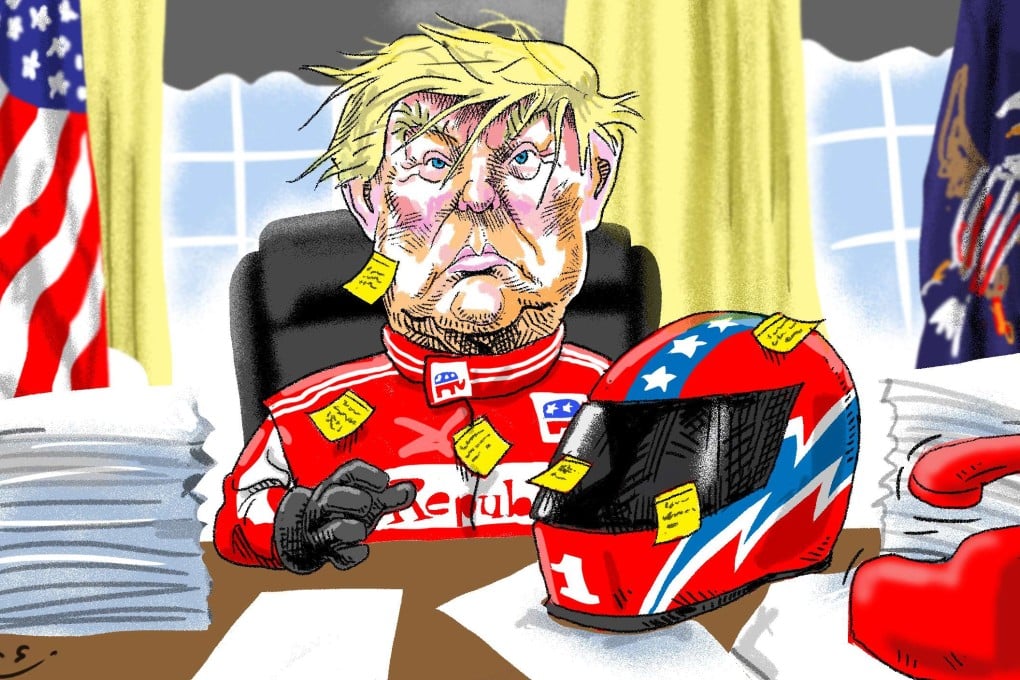How the realities of office will temper Trump and his team
Douglas H. Paal expects the frenetic energy to dissipate once the self-proclaimed disruptive Trump administration actually has to govern the US


But there are continuities as well. So to add a little spice to your observations, I would like to note some of these.
First, every new team that ousts the opposition party enters office on a campaign-induced emotional high. Energy levels are frenetic, a continuation of the excitement on the campaign trail. Those who were on the campaign plane are trusted; others, not so much. The wild-eyed enthusiasm of the incomers can be infectious, and it can be scary. Governing will immediately prove less fun than campaigning.
Watch: Six things you need to know about US presidential inauguration
Trump to take office with lowest approval ratings of any new president in recent history – except on jobs
Second, they are riding into office on a pendulum that is swinging as far from the policies of the previous administration as possible. They find it hard to acknowledge positive contributions by their immediate predecessors and see a need for change in every dimension of government. Barack Obama was weak, Donald Trump is strong. Obama hated Vladimir Putin, so try the other way, seemingly regardless of what Putin has been doing. Obama accommodated Xi Jinping (習近平) to get climate change agreements, so ignore the agreements and make new demands on Xi.
Trump was not even a Republican until recently
Third, you need help to govern. Trump has a big advantage. Voter adversity to Hillary Clinton and Obama’s record has given Republicans the broadest grip on government since 1928: the White House, both Houses of Congress, soon a conservative majority on the Supreme Court, and 33 (out of 50) governors. So Trump stands a good prospect to enact a sweeping legislative agenda.
But Trump’s agenda has to tally with that of the congressional leadership. They need each other, and Congress is collectively less a radical departure from normal than is Trump. We see it in the selection of Mike Pence, a former congressman and governor as vice-president. The same is true for the new White House Chief of Staff Reince Priebus, former head of the Republican National Committee, who does the deals with Congress.
Remember, Trump was not even a Republican until recently. Compromise may have been a dirty word to Republicans before now, but it will be required in the near future if the initial electoral momentum is to be exploited effectively to create a legacy. By the way, that momentum does not last.
